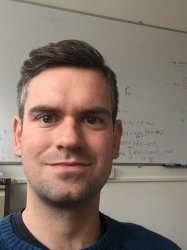BibTex format
@article{Zheng:2020:10.1007/s10107-019-01366-3,
author = {Zheng, Y and Fantuzzi, G and Papachristodoulou, A and Goulart, P and Wynn, A},
doi = {10.1007/s10107-019-01366-3},
journal = {Mathematical Programming},
pages = {489--532},
title = {Chordal decomposition in operator-splitting methods for sparse semidefinite programs},
url = {http://dx.doi.org/10.1007/s10107-019-01366-3},
volume = {180},
year = {2020}
}

